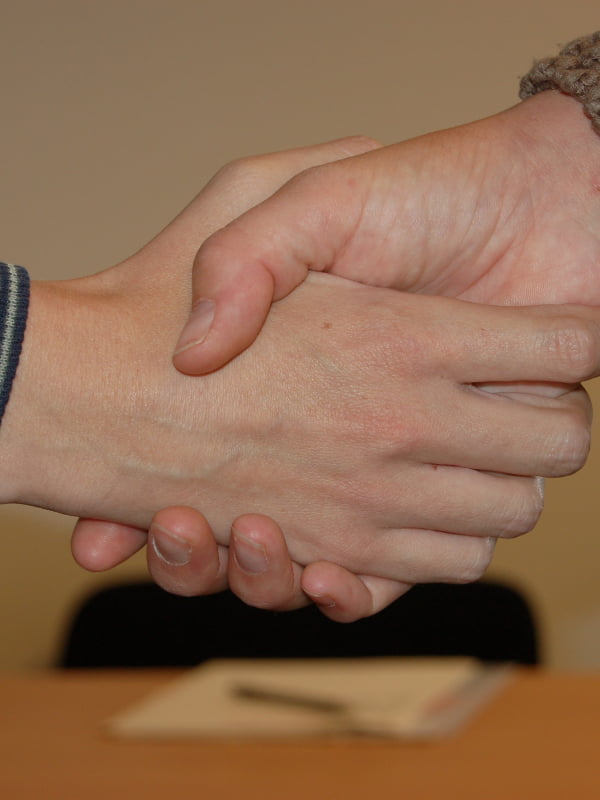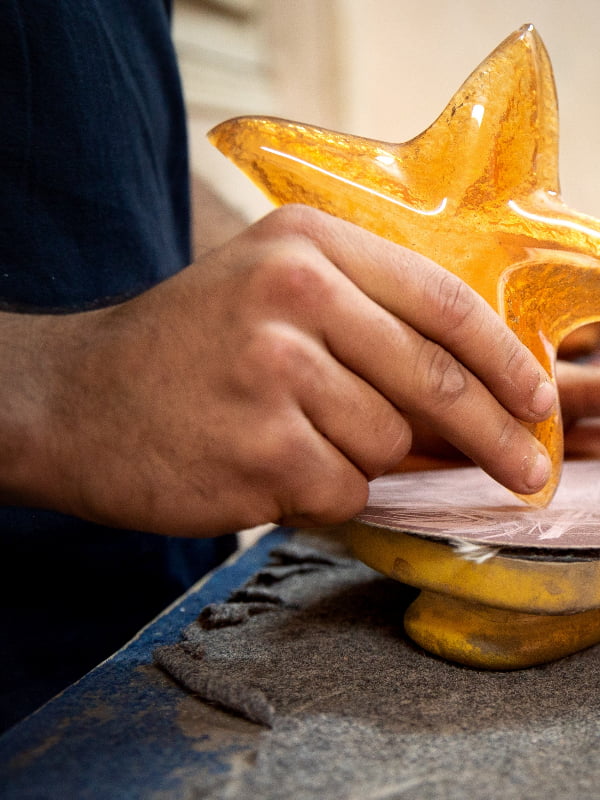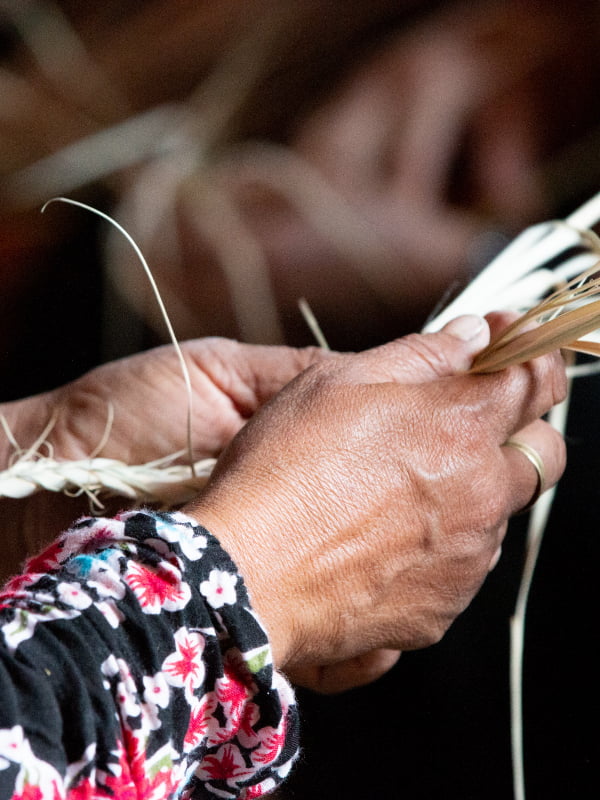A Short History of Patents in the Netherlands and Europe
Patents have been around for centuries, also in the Netherlands. Knowing more about the history and background of patents will give you a better understanding of the current patents system in the Netherlands.
600 BC - first patents granted in South Italy
In 600 BC, a few culinary dishes received patents in the Greek colony Sybaris in the south of Italy. These certainly must have been delicious dishes.
1474 - Venice promises a 10-year license
Quite some time passes before we hear about patents again. In 1474, Venice had a goodbye law that promised a 10-year license to 'All inventors of new arts and machines'.
1589 onwards - Dutch patents are being recorded
From 1589 onwards, the deed books of the States-General of the United Provinces of the Netherlands granted and recorded 'patents for inventions'. 'Patents for trademarks and manufacturers' trademarks' also existed.
To patent an invention, this invention had to be new and practical. The invention became public after one year. This concept still applies to 'patents for inventions'. Counterfeiting or misusing the right was a punishable offence. A patent could then be declared void.
The duration of a patent's validity was arbitrary: it could be 2 years, 15 years or sometimes even 50 years. It was possible to renew expired patents.
1817 - The First Patent Act
In 1817, the first Patent Act came into force in the Netherlands. This Patent Act stated that patents could be valid for 5, 10 or 15 years. Inventors had to file complete descriptions of the invention. Fees could rise to 750 guilders. After payment of the fee, the patent holder received a certified copy of the patent.
1869 - Dutch Patent Act cancelled
In 1869, the Act was cancelled, and the Netherlands became a more free-spirited nation. The end of the 19th century saw a lot of industrialisation and international collaboration.
1883 - International collaboration
In 1883, representatives of over 140 countries met in Paris. To get uniformity between them, they aimed to compare the national acts for industrial property, such as patents, trademarks and designs. In the famous Paris Convention of that year, they agreed that all countries should recognise the priority right.
Patent Act 1910 and the European Patent Convention
The Netherlands was one of the participating countries in the Union of Paris and the Berne Convention (1886). Yet, a new patent act did not enter into force until 1910. After the first patents were granted in 1912, patent applications slowly increased. In the 1960s and 1970s, around 14,000 to 18,000 applications came in. In 1973, 15 countries signed the European Patent Convention. 2 years later, an inventor or a manufacturer could file a single application and get a patent for 17 countries. As a consequence, the number of initial Dutch applications decreased spectacularly.
Patents Act 1995
In 1995, the decrease in applications resulted in a new act, the Patent Act 1995. This act was amended in 2008. For more information, see Patent Act 1995.
2023 - Unitary Patent and Unified Patent Court (UPC)
As of 1 June 2023, the unitary patent is a new choice following the granting of your European patent. The new unitary patent is a single patent for 17 European member states.
There will be a new court for patent litigation in the 17 European member states. The UPC will decide on infringement and nullification cases for classical European patents as well as unitary patents.
Questions about patents?
If you need more information on how to apply for a patent in the Netherlands, please contact the public information office.
- Ministry of Economic Affairs



